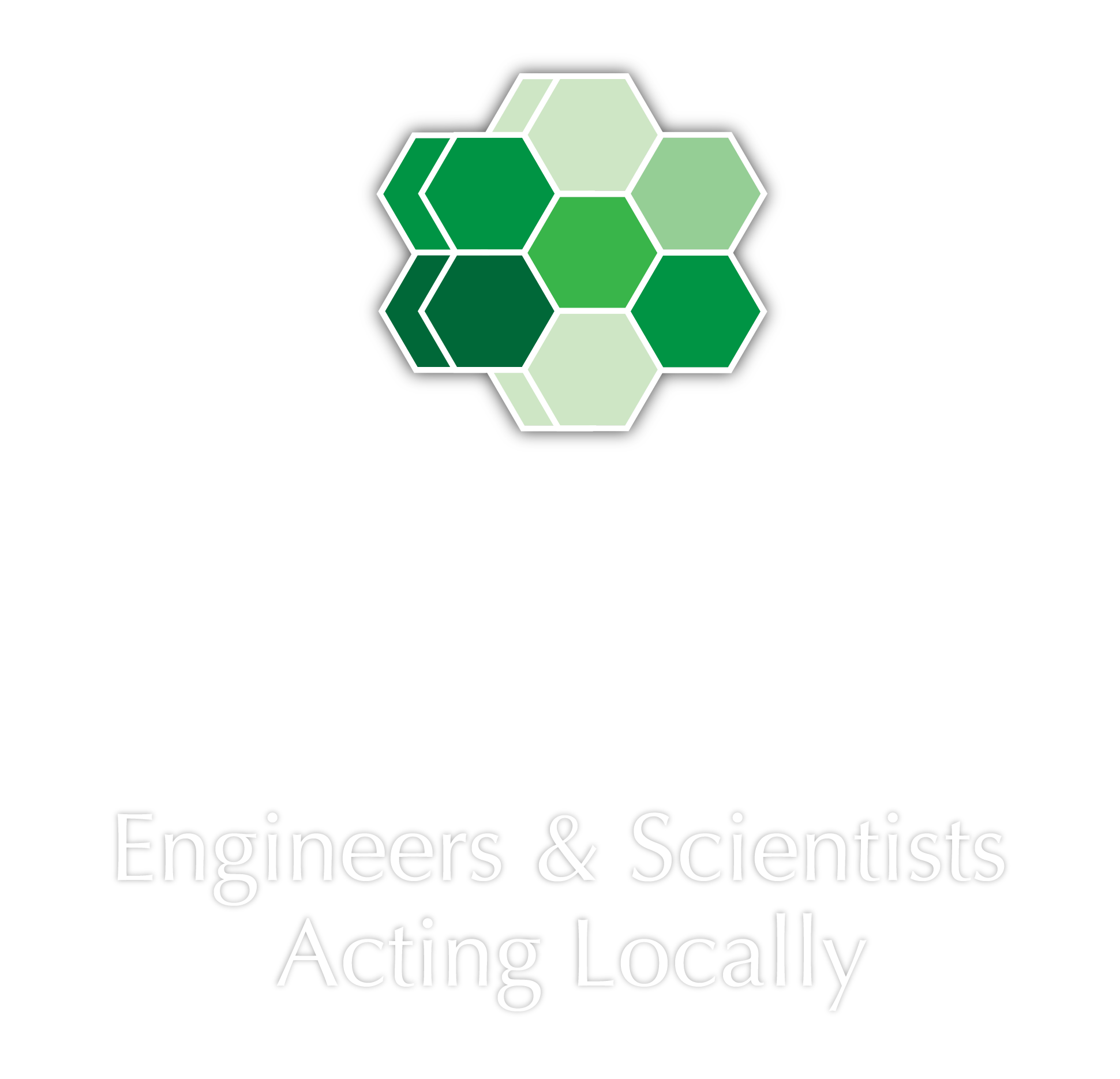Local and State governments are repeatedly tasked with finding ways to use data and technology to improve the health and economic state of their constituents. Advanced data resources held by state agencies can help local governments and community members navigate technology to find health, transportation, education, and philanthropic resources, among countless others. Leveraging data to influence policy decisions is one way local governments are taking advantage of new technologies as leaders try to close the inequality gap and disperse resources most efficiently among individuals. In addition, state and local governments have important roles to play in regulating the distribution and use of new technologies such as mobility innovations. While many state and local governments may lag the federal government with respect to technical expertise, they are rapidly expanding their capabilities in these areas and are often eager to collaborate with constituents who have relevant expertise.



